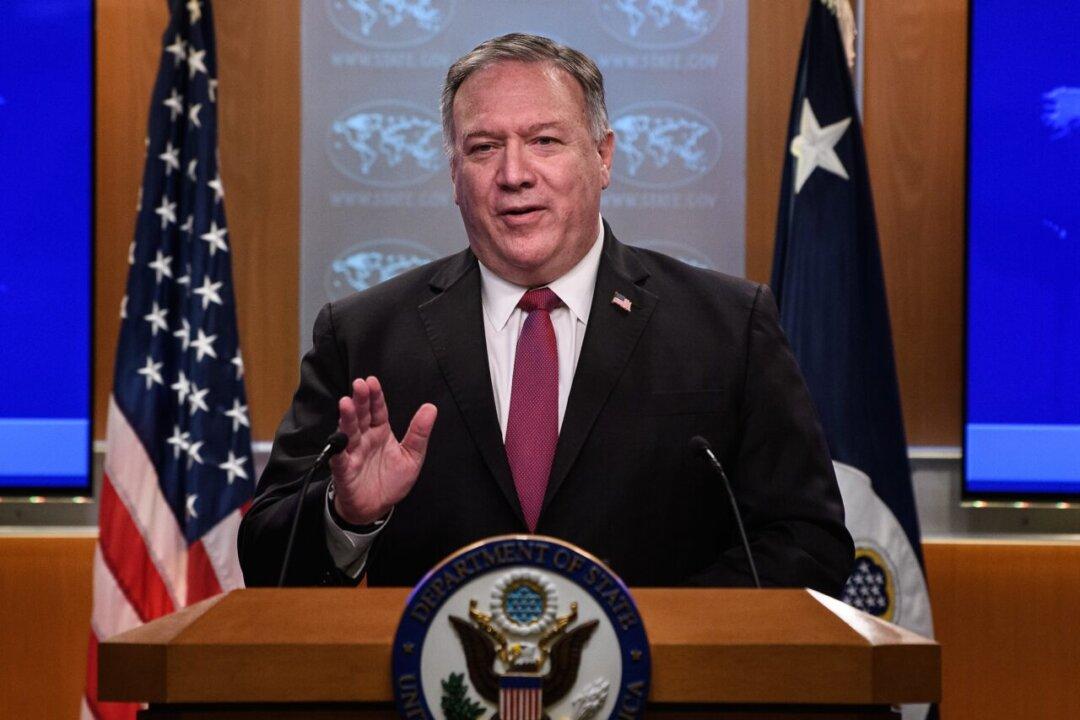Secretary of State Mike Pompeo has threatened U.S. sanctions against individuals and entities responsible for the mass arrests of more than 50 opposition figures in Hong Kong.
“The United States will not stand idly by while the people of Hong Kong suffer under communist oppression,” said Pompeo in a Jan. 6 statement.





